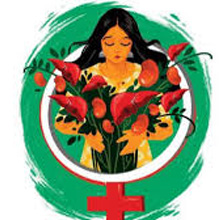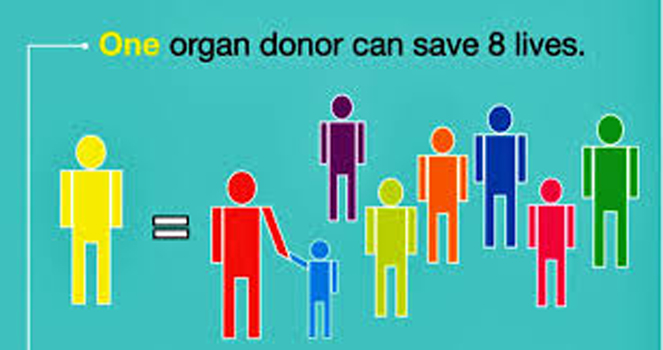NE HEALTH BUREAU
AHMEDABAD, SEPT 17
Gender disparity has been identified as biggest social concern in identifying barriers in organ transplantation in India, a study conducted by Ahmedabad-based Institute of Kidney Diseases & Research Centre (IKDRC) has revealed.

The study titled ‘Gender Equality in Transplantation – why are donors predominantly women and recipients men?’ has confirmed that women are at the disadvantageous position when it comes to organ transplantation. The traditional gender roles played by women has emerged as the single largest social concern across India towards gender disparity in organ transplant. This factor coupled with low education levels, poverty and institutional inequalities in accessing healthcare has put women in the unfavourable position.
“This anomaly stems from the popular social belief that a male is the sole breadwinner of a family. And if blood group matches, the entire family expects the wife to donate organs,” said Dr Vineet Mishra, Director, IKDRC-ITS reflecting upon the outcome of the study. The study found out that in cases of donors’ relation as a spouse in living-renal kidney transplant 90 percent are females while only 10 percent are males. When it comes to donors as parents, 70 percent are females and 30 percent are males. Similarly, the trend continues in grandparents too with 75 percent females and 25 percent males. The trend is reversed when children donate organs for LRKT where 40 percent girls and 60 percent boys donated organs. When data among siblings is analysed female and male donors donated in equal proportion.
In overall organ donations, live female donors top the charts at 74.2 percent but receive less than a quarter of the donated organs at 21.8 percent. The traditional gender roles continue to impact the trend among unrelated overall donors with females contributing at 69.1 percent while men hover around 25.8 percent. However, males receive a far higher percentage of organs at 78.2 while women recipients still lag at 21.8 percent.
“We can reduce misuse by having strong laws but to correct social biases we need to have a sustained campaign on gender sensitization,” said Dr Mishra, adding that swap transplant, as direct intervention, could also help in the reduction of gender inequality in transplant up to an extent.
The study was presented at 28th International Congress of The Transplant Society held this month between September 13-16. It has also suggested corrective measures to bring down gender inequality through deceased donor allocation priority for women to maintain 50:50 ratio through reservation in the waiting list. Appointment of living donor advocates at transplant centres to address gender inequality issues at individual/group level and honouring male donors especially husband to showcase examples before society about change in individual perception were also suggested in the study.
The study concludes that solution to gender imbalance is not just education and removal of poverty but a deeper re-assessment of traditional gender roles.









